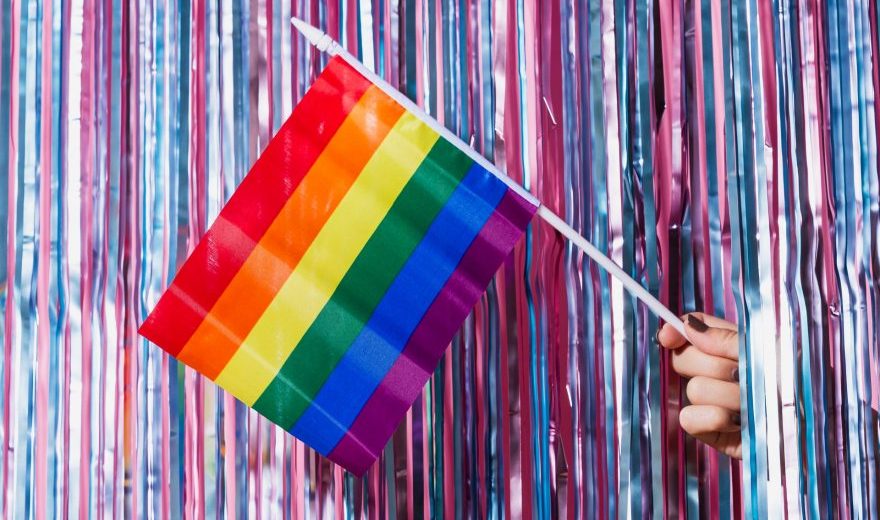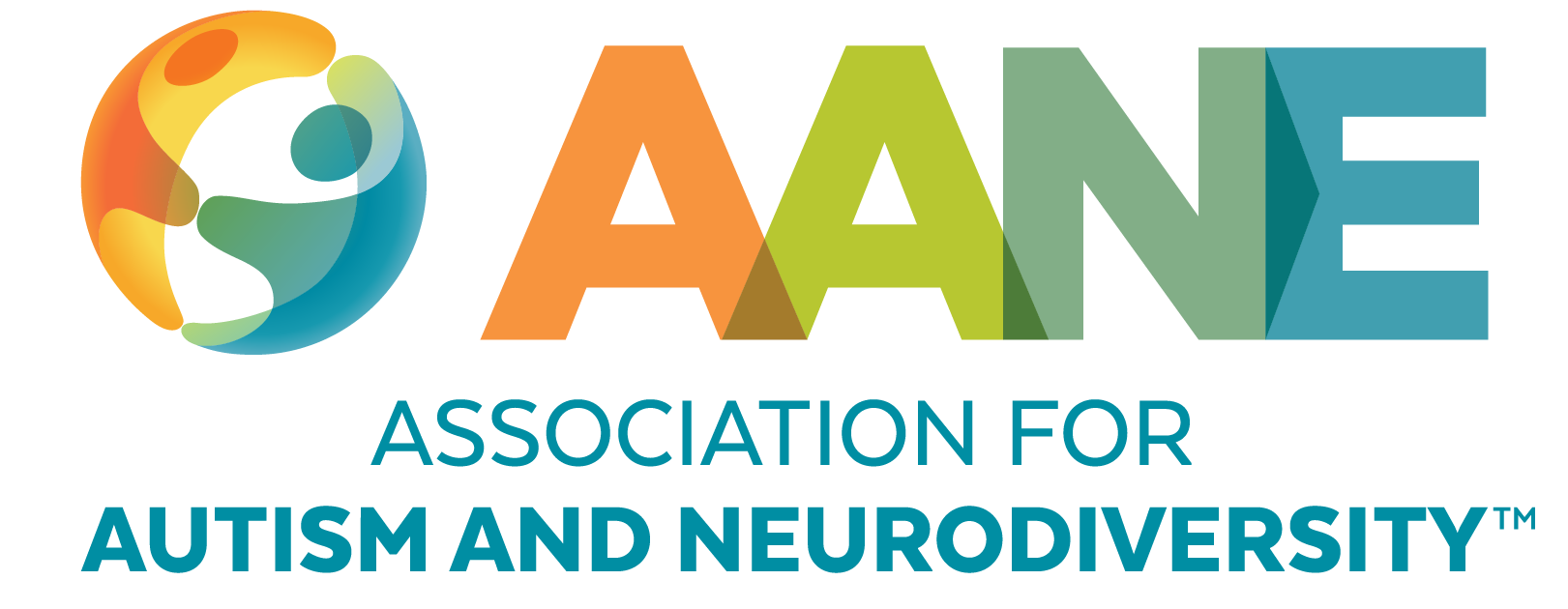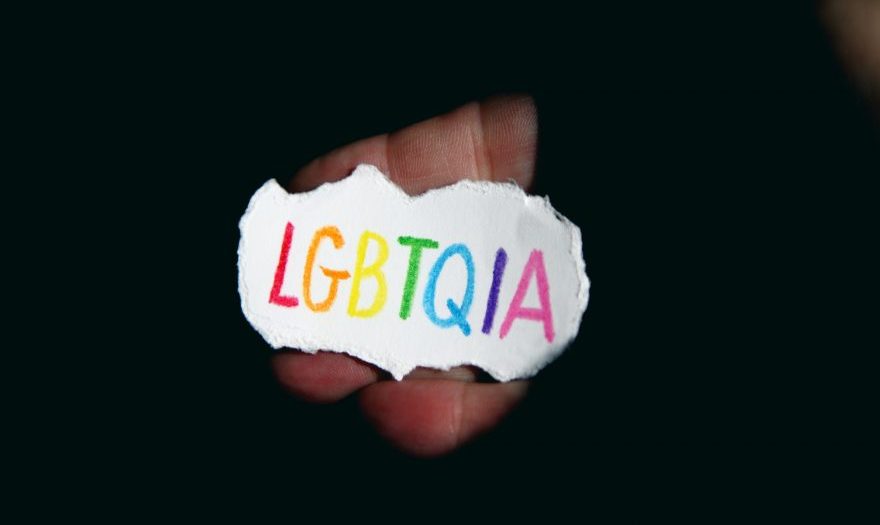
Gender as Performance
About the Author
Jay Eveson-Egler, BA (they/them) is an Autistic self-advocate and parent. They’ve worked with neurodiversity-based organizations and individuals in a variety of age groups and stages of life. They have a depth of knowledge of LGBTQIA2S+ issues in the Autistic community. They have prior experience founding and facilitating neurodiverse peer support groups and remain active as an adviser with the Neurodiverse Students Association at Mount Holyoke.

To preface this article, it’s important to understand the spaces I occupy and from which I speak. My name is Jay, I am a 27 year old Autistic, white, non-binary, and queer identifying individual with ADHD. I grew up in an extremely neurodivergent household with a mother who is likewise Autistic and a father with ADHD. My experiences growing up, with regards to my behavior and ways of perceiving the world, were normalized at home, but not always through other social interactions.
Recently, a friend of mine told me that autism felt a lot like being in a play in which you’ve forgotten your lines. This resonated with me as someone whose childhood experiences centered on theater and television acting. Growing up, I enjoyed acting, roleplaying, and fantasy of every kind imaginable. Oftentimes I did those things on my own, writing scripts for an imaginary audience and playing every part. I didn’t have a lot of friends, despite my outgoing nature, as I had a hard time understanding or maintaining relationships with people. My plays, as a result, were all one-person acts. It was always just me.
When I was thirteen, I signed up for an acting class without my parents permission, but they decided to enroll me anyway. The school that ran it was an agency that both trained and provided opportunities for television actors in a variety of ages, and while I never landed any large roles, I spent three years taking lessons on different acting techniques, my favorite of which was improv. My parents had noticed a very positive change in my social behaviors and skills, and I continued to act throughout my teenage years, both professionally and socially.
I learned a lot about socializing through those classes, and if someone were to ask me today why that was, I’d tell them: those classes taught me how to perform allism, or non-Autistic behaviors, with confidence. Social behaviors were just another set of performances, after all. I’ve realized over the years since leaving my professional acting behind that I’ve continued to use those skills in conversations, public speaking, doctors appointments, and a variety of other settings. Often, I’ll script the conversation ahead of time so I know what to say, though this doesn’t always work out in my favor. The moment someone else goes off script or behaves in a way I didn’t anticipate, I still forget all of my lines.
Beyond simply teaching me social skills, however, acting opened my eyes to a myriad of ways in which we, as a society, perform certain things, like gender. Peter Pan was traditionally always played by a woman, and prior, there was a time when acting was solely a profession for men who would take on gendered roles that may not have mirrored their identities. The way we structure gender, much like the way we structure conversations, or relationships, was something that is largely performative. If you were a girl, you are often expected to engage in highly specific activities, dress in very specific costumes, and speak in very specific ways. If you don’t, you risk being labeled as weird or in many cases, called derogatory slurs.
I had very short hair as a child, and interests in things which, in the 90’s and early 2000’s were still seen in the mainstream as masculine. I enjoyed Pokemon, Yugioh, insects, and dinosaurs. My mom had always been inclined to get me clothing that would help facilitate my passion for the outdoors and still display things that interested me in order to help me break the ice and socialize. As a result, I dressed and looked the way most people would have imagined a cisgender boy to dress and look. Despite the gender I was assigned with at birth, I not only passed, but performed what was socially seen as masculinity much like I was already trying to perform allism. Despite this, I still had many interests which weren’t traditionally seen as masculine. I liked shopping at Claire’s, Bratz Dolls, and that fake, bubblegum scented makeup you could get at a Limited Too. I was and am an amalgamation of interests, costumes, and performances that could never truly be tied down to one gender or another. I am just me. This is how I perform myself. However confusing it might be to others, it is the role I embody and feel most comfortable in.
My relationship with gender is much like my relationship with my autism: I am on a stage but I’ve forgotten my lines. Everyone around me seems to have remembered each painstakingly long soliloquy and monologue, and I’m stuck staring at an audience who is expecting something of me that I cannot decipher. Now, however, I tend to ask myself why I need the lines in the first place. Life is much more entertaining when you can just be yourself and play along with whatever is going on. While my reactions may not always be what is expected, and while my monologues might go on for longer than they should. I stopped trying to be a different character, and embraced myself as I am: an unashamed, Autistic, queer, and non-binary human being. If you find the right people to surround you, and have the confidence to be yourself, you don’t need lines or performances to necessarily fit in. You just need the right audience to accept your improvised and authentic self.
Stay Current
Subscribe for AANE weekly emails, monthly news, updates, and more!




